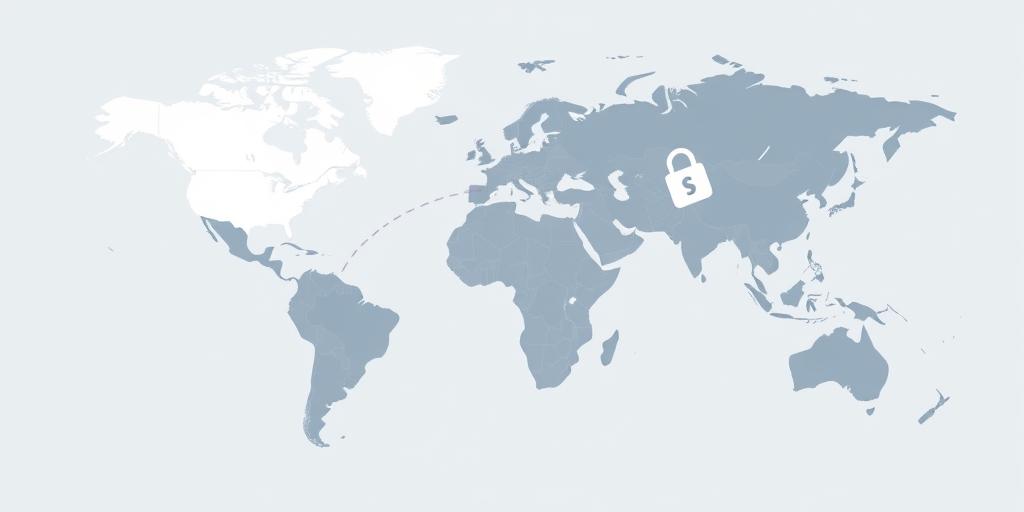Hey everyone! Let's chat about something super important, yet often confusing: economic sanctions. You know, those things countries use to, like, punish each other? I've been diving into this topic lately, and honestly, it's way more complicated than I initially thought.
First off, what even are economic sanctions? They're basically restrictions on trade, investment, or financial transactions with a specific country or entity. Think of it as a serious timeout, but on a global scale. Countries use them to try and pressure other nations to change their behavior – maybe they're violating human rights, or maybe they're acting aggressively towards their neighbors. It's a way to try and influence their actions without resorting to military conflict.
But here's the thing: do they actually work? That's the million-dollar question, isn't it? Let's be real, it's not always a clear-cut yes or no. Sometimes, sanctions can be incredibly effective in forcing a change. Other times? Not so much. It really depends on a bunch of factors. How strong are the sanctions? How reliant is the targeted country on international trade? What's the global political climate like? It's a whole tangled web of interconnected factors.
I've read studies that show sanctions can be effective in achieving specific goals, like preventing nuclear proliferation or combating terrorism. I mean, there's evidence to support both sides. It's not as simple as saying they always work, or never work. It's nuanced, you know? And that’s what makes it so fascinating to study.
One thing I find interesting is the unintended consequences. Sometimes sanctions hurt the innocent population more than the intended targets. That's a huge ethical dilemma. It's like trying to swat a fly with a sledgehammer – you might kill the fly, but you'll also destroy the whole kitchen in the process.
So, what's the bottom line? Economic sanctions are a complex tool with a mixed track record. They can be effective under certain circumstances, but they're not a magic bullet. There's a lot more to it than meets the eye. It's a constant balancing act between achieving policy goals and minimizing harm to innocent people.
Have you tried this? Would love to hear your take!




